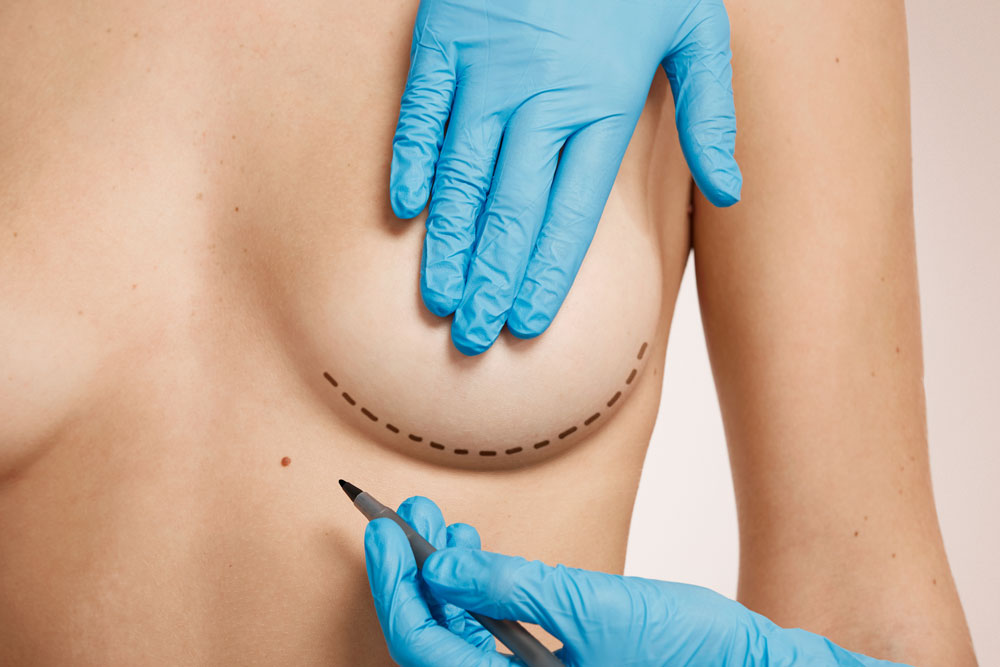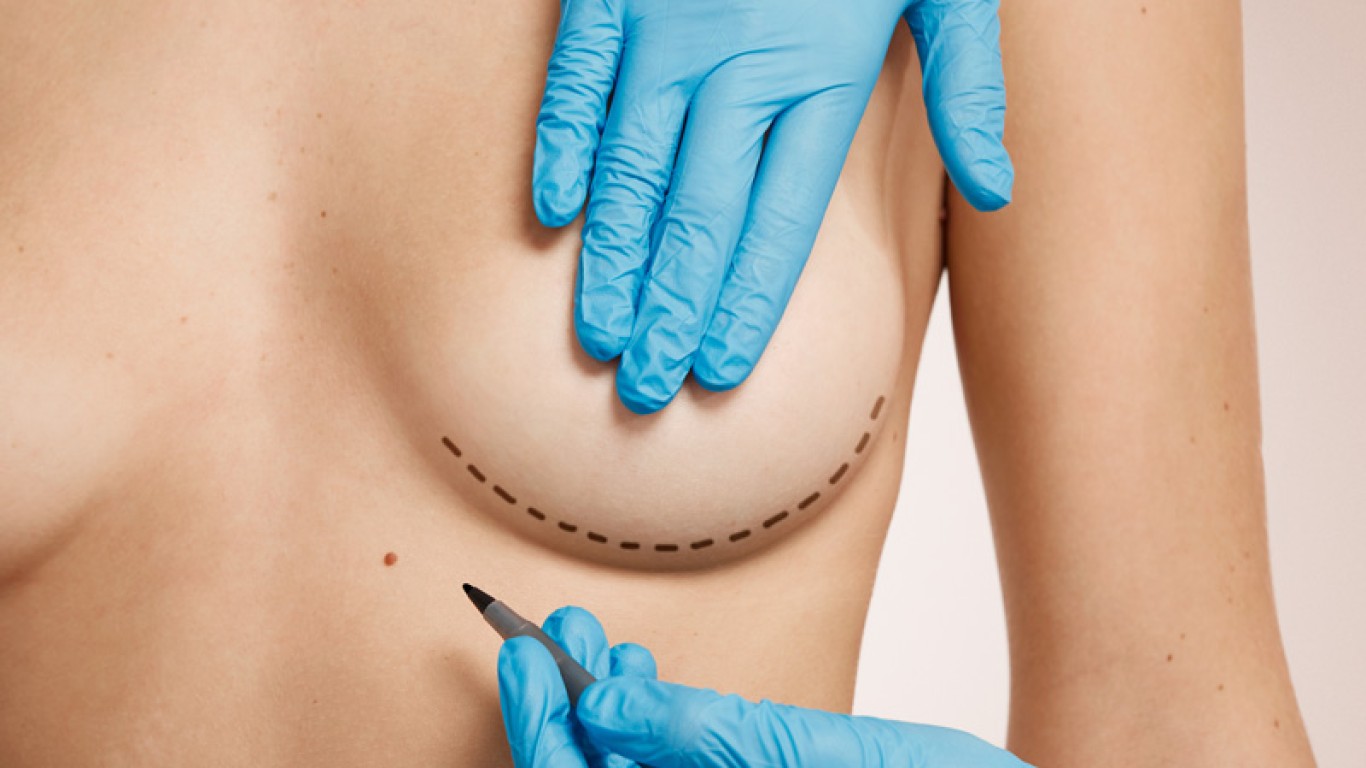Introduction
Breast lift surgery is a cosmetic procedure designed to lift and reshape sagging breasts. In essence, it enhances breast contours and restores a more youthful profile. This guide explains what to expect, how to prepare, and how to manage recovery. Ultimately, informed patients are more likely to achieve satisfying results. This breast lift surgery guide covers the procedure, pre-operative preparation, the surgical process, post-operative care, and long-term lifestyle adjustments. By understanding these aspects, you can set realistic expectations and make a more informed decision.
Understanding Breast Lift Surgery
Breast lift surgery removes excess skin and tightens the surrounding tissue. In addition, it repositions the nipple and areola to achieve a natural, lifted appearance. Unlike breast augmentation, which increases volume, a breast lift focuses on improving shape and firmness. Customisation is key. Surgeons tailor the technique to each patient’s anatomy, ensuring that the outcome is balanced and aesthetically pleasing. Ultimately, understanding the basics of breast lift surgery is the first step toward successful results.
Reasons for Considering a Breast Lift
Many women opt for a breast lift for several reasons. Firstly, natural ageing and gravity often cause the breasts to sag over time. Secondly, pregnancy and breastfeeding can stretch the skin, leading to drooping. Moreover, weight fluctuations can also contribute to a loss of firmness. In essence, a breast lift can restore youthful contours, improve symmetry, and boost self-confidence. Additionally, it often enhances the fit of clothing and overall body proportions. Overall, these benefits make the procedure an attractive option for those seeking to improve their appearance without the need for implants.
Pre-Operative Preparation
Effective preparation begins long before surgery. Initially, schedule a comprehensive consultation with your surgeon. During this meeting, discuss your medical history, aesthetic goals, and any concerns. Your surgeon will explain the procedure, potential risks, and expected outcomes. In addition, you will undergo a complete medical evaluation. This may include blood tests and imaging studies.
Moreover, follow any pre-operative instructions. For example, you may be advised to quit smoking and adjust your medications. A healthy diet rich in lean proteins, fruits, and vegetables is also recommended. These steps help prime your body for healing. Pre-operative preparation not only minimises risks but also sets the stage for a smooth recovery.
The Surgical Process
On the day of surgery, follow your surgeon’s instructions carefully. You may need to fast for a few hours before the operation. Once you arrive at the clinic, you will undergo final pre-operative checks. The surgery is usually performed under general anaesthesia. This ensures you remain comfortable throughout the procedure.
During the operation, small, strategically placed incisions are made to lift the breast tissue and remove any excess skin. In many cases, the nipple and areola are repositioned for a more natural look. The surgeon then closes the incisions with sutures that minimise scarring. Ultimately, the procedure is customised to suit your unique anatomy. This is key to achieving balanced and long-lasting results.

Immediate Post-Operative Recovery
The first few days after surgery are crucial. Immediately following the procedure, you may experience swelling, bruising, and mild discomfort. Your healthcare team will monitor you to prioritise pain management and vital sign checks. Follow all post-operative care instructions to ensure optimal healing.
Pain medications and ice packs help control discomfort and reduce swelling. It is important to rest and avoid any strenuous activities during this period. Careful management of the immediate post-operative phase is vital for recovery and long-term results.
Post-Operative Care and Follow-Up
Diligent post-operative care is essential for maintaining the benefits of a breast lift. Firstly, keep the surgical area clean and follow your surgeon’s wound care instructions. This step helps prevent infection and minimises scarring. Secondly, attend all scheduled follow-up appointments. These check-ups allow your surgeon to monitor your healing progress and address any concerns promptly.
Moreover, gradually reintroduce light physical activities as advised by your doctor. Short walks and gentle stretching improve blood circulation, which is key for tissue repair. In short, consistent post-operative care ensures that your recovery stays on track. This will also help you achieve the best possible results.
Nutritional Support and Hydration
Good nutrition is a cornerstone of recovery. A balanced diet provides the nutrients your body needs to repair tissues and reduce inflammation. Focus on lean proteins, such as chicken, fish, or tofu, to aid in muscle repair. Additionally, include plenty of fruits and vegetables to supply essential vitamins and antioxidants. Whole grains and healthy fats, like those found in avocados and nuts, offer sustained energy during recovery.
Equally important is hydration. Aim to drink at least eight glasses of water daily. Proper hydration supports cellular regeneration and helps flush out toxins. In essence, sound nutrition and consistent hydration not only speed up recovery but also contribute to long-term health and the durability of your results.
Emotional and Psychological Preparation
Preparing for surgery is not only physical but also emotional. Many patients experience anxiety before a breast lift. To manage this, educate yourself about the procedure and set realistic expectations. Additionally, consider speaking with a counsellor or joining a support group. Relaxation techniques such as deep breathing or meditation can also help reduce stress. Ultimately, a positive mindset influences both your recovery and overall satisfaction with the results.
Long-Term Lifestyle Adjustments
Long-term success after breast lift surgery depends on ongoing lifestyle adjustments. Once your recovery is complete, maintain a balanced diet and regular exercise routine. These habits help preserve your new breast contours and overall body proportions. In addition, protect your skin by using gentle skincare products and avoiding excessive sun exposure. Routine check-ups will help monitor your progress and address any emerging issues early. Ultimately, a commitment to long-term care is key to sustaining the benefits over time.
Conclusion
Breast lift surgery offers the opportunity to rejuvenate your appearance and boost your confidence. This breast lift surgery guide has covered the entire journey—from pre-operative preparation to long-term maintenance. Thorough medical evaluations, lifestyle adjustments, and clear communication with your surgeon are the foundation of a successful outcome. Post-operative care, proper nutrition and a positive mindset are essential to ensure a smooth recovery.
Understanding these key steps will help you set realistic expectations and make informed decisions. Embrace this approach to achieve natural, lasting results that enhance your overall quality of life.
For more information and to book a consultation visit the ACIBADEM Beauty Center breast augmentation page.
Frequently Asked Questions
It removes excess skin and repositions the nipple for a more youthful appearance.
A thorough medical evaluation and lifestyle adjustments are essential.
Swelling, bruising, and mild discomfort are common, managed by proper care.
It is critical for a smooth recovery and long-lasting results.
Regular exercise, a balanced diet, and routine check-ups help sustain outcomes.













